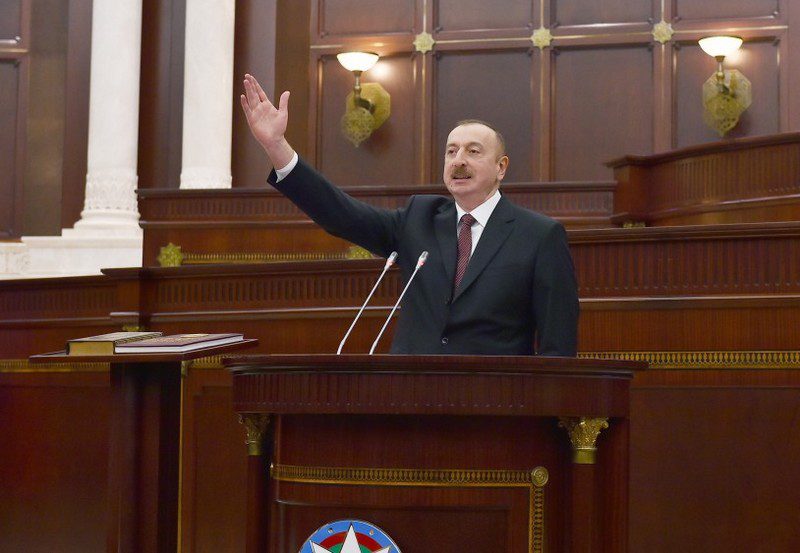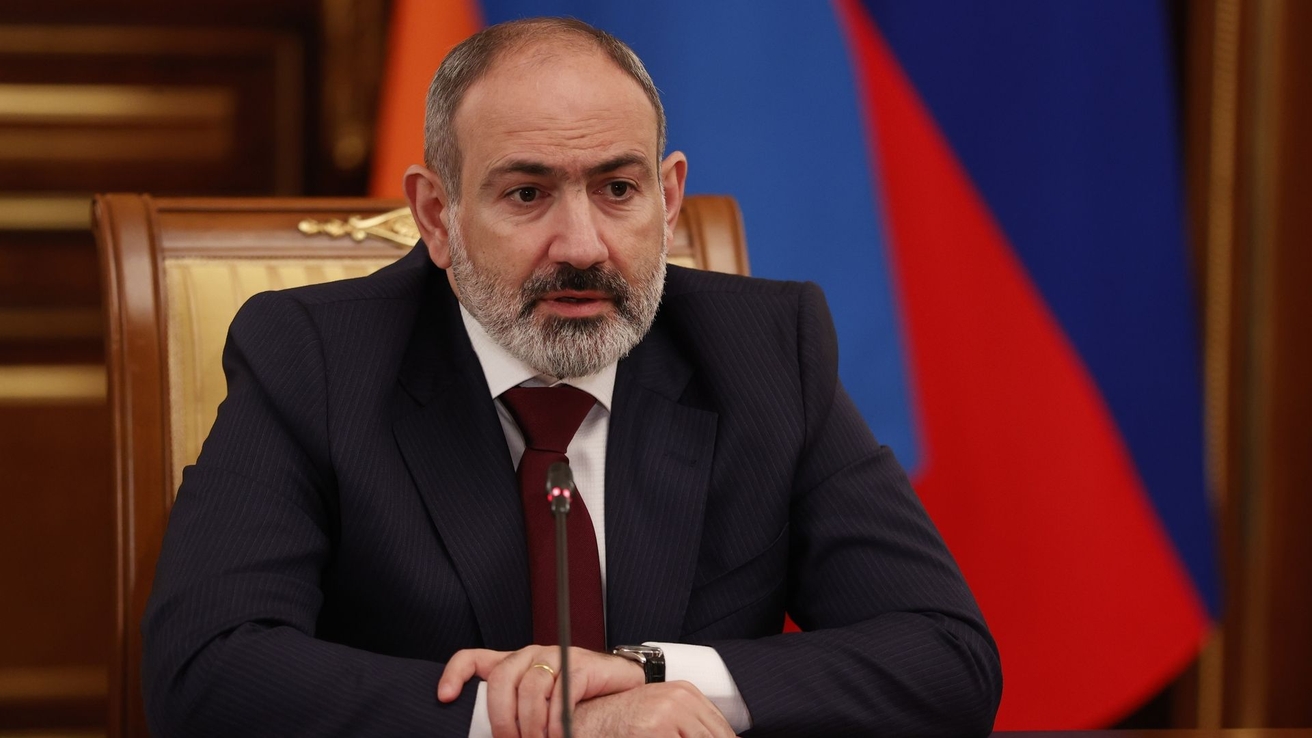Harut Sassounian
-

Aliyev Asks the Arab League and Turkey To Pressure PACE to Readmit Azerbaijan
Azerbaijan’s President Ilham Aliyev repeatedly states: “I doesn’t care who says what about my country, I will continue doing whatever I want.” However, this is […]
-

Fake Names on List of Donors to Pashinyan’s Candidate for Yerevan Mayor
Prime Minister of Armenia Nikol Pashinyan has boasted for five years about his political party’s fair conduct in elections, blaming the former leaders of carrying […]
-

Parliamentary Assembly of Council of Europe Voted 76-10 to Kick Azerbaijan Out
With each passing day, the noose is tightening around Pres. Ilham Aliyev’s neck. The European Union’s Chief of Foreign Policy Josep Borrell warned Azerbaijan on January […]
-

During 2.5-Hour-Interview, Pres. Aliyev Made Existential Threats to Armenia
Pres. Ilham Aliyev, the dictator of Baku, gave a 2.5-hour-long press conference to Azeri journalists on January 10, 2024, during which he spewed not only […]
-

Pres. Aliyev’s Son-in-Law Evacuates An entire village for His Business
There are endless scandals involving the Aliyev clan in Azerbaijan. President Ilham Aliyev, who has ruled the country with an iron fist since 2003, took over […]
-

Court Convicts Pashinyan Critic After His Death…..
This week’s commentary is a lesson for all those who naively believe what they hear or read and then pass on unsubstantiated stories to others. […]
-
Aliyev Asks the Arab League and Turkey To Pressure PACE to Readmit Azerbaijan
-
Fake Names on List of Donors to Pashinyan’s Candidate for Yerevan Mayor
-
Parliamentary Assembly of Council of Europe Voted 76-10 to Kick Azerbaijan Out
-
During 2.5-Hour-Interview, Pres. Aliyev Made Existential Threats to Armenia
-
Pres. Aliyev’s Son-in-Law Evacuates An entire village for His Business
-
Court Convicts Pashinyan Critic After His Death…..
